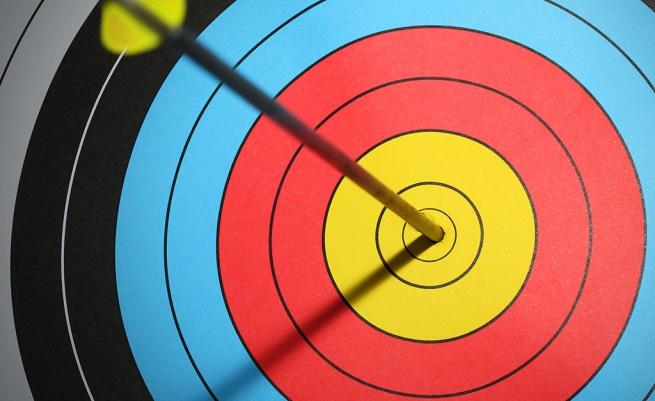
“If you want to get the most, demand the impossible.”
© Napoleon Bonaparte.
The inability to set the right goals is one of the main reasons why fitness beginners make mistakes. While wrapping your desires in vague forms, you make the movement toward your dreams slack and sluggish. You need to have a clear idea of what you want to end up with.
Most often the impetus to engage in fitness is a problem – or a need to lose weight, to pump up muscles, to improve health. The first workouts at home or in the gym cause a mental boost. Confidence in their abilities grows gradually; you want to do more and better. And even if the next morning you can hardly crawl out of your bed because of cramps, but even muscle pain inspires.
A week passes, the second week…a month. The urge subsides slowly, the euphoria wanes. It turns out that muscles do not grow as fast as we would like them to do. And extra pounds are in no hurry to leave your waist. Disappointment, depression, discouragement…
And now there is a lot of vital things to do, because of which you miss a home workout. First one, then the other. As a result, you take away your sports form and it does not remind you of another defeat any more.
And you’re not the only one with this algorithm. It’s a mass phenomenon. So why can’t you train at home or at the gym constantly and achieve your goals? Because the goals were set incorrectly.
Being properly set, the meaningful goal is a motivating force that will help you succeed and stay on track.
As long as you’re wandering around looking for “I don’t know what,” you won’t even dream of accomplishment. Without a clearly defined workout goal, you won’t be able to plan your workouts and get the results you want.
You need to be specific. An example of proper, defined goals:
- lose 5 kg of weight;
- To gain 3.5 kg of muscle mass without increasing the fat layer;
- Reduce your waist by 6 cm.
Having set a goal, write it down for yourself on paper, and hang it up in a prominent place. Psychologists note that physically fixing the goal fixes the idea in the mind and creates personal involvement in the point of success.
A goal should have a definite start date and a deadline to achieve it – a time limit increases motivation. Otherwise, achieving a goal in sports can stretch out over many years. If you’re afraid you won’t make the deadline – set the deadline a little further than required.
A clear deadline motivates you to train harder. It’s easy to see how far you’ve come, what you’ve accomplished, and how much you still have to overcome. If there is no deadline, it is possible that its achievement will remain only in the plans.
A weak goal is to lose weight by the summer. The right goal: to lose 5 kg in 2 months, from April 1 to June 1; for this I will work out 3 times a week for 35-45 minutes.
A meaningful, high goal fills life with nuts and bolts, creates an inner core, and achieving smaller, intermediate goals shows that you are on the right course. It encourages you to move forward and strengthens your faith in yourself.

























































Залишити відповідь